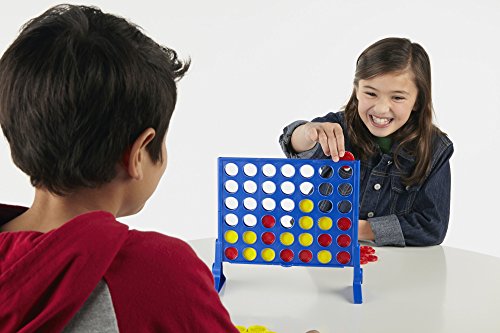Top 4 Picks for Table Top Games

While all tabletop games have value and teach skills, some just lend themselves more naturally to incorporating social skills than others. The following are my top game picks that are appropriate at any age, easy to play, economical as well as short and sweet; helping you hit the most skills for your time.
1. Trouble, Sorry & Other "Pop n' Race" games
These are all great choices if the child has difficulty losing. In these games, one’s pawns are constantly being “sent home” by another player, providing multiple opportunities to “lose” in the short term. They also serve as good practice to lose from different people which helps increase frustration tolerance. Perseverance is reinforced as although you are set back, you get to keep trying and you may just win in the end. Another feature to take advantage of with these games is that talking to each other when pawns interact, is somewhat built into the rules. Saying “sorry” or “go home” or other variations of that are good for teaching kids how to be a little playfully cocky and helps the other child receiving the setback grow accustomed to not take game play banter too seriously.
2. Uno
Sitting face-to-face and conversing can be intimidating for some people. I’ve found that playing cards takes away that edge. The expectation to constantly make eye contact is gone as you must focus primarily on your cards which leaves you the option of just making intermittent eye contact when occasionally throwing a wild (e.g. "I change the color to yellow"), reverse or skip card. An added bonus is that the physical direction of the game changes frequently, helping with attention and flexibility.
3. Left, Right and Center
This is the perfect game for the most reluctant of kids. It takes bare minimum effort to play but is really fun! Things change quickly; one minute you are out of chips and the next you are back in! I like this game because it is one of the only games in which the other players are either going to be neutral (not give you a chip) or going to be helpful (give you a chip). The other player never takes away your chips. This is helpful for children who need to see their peers as forces of good.
4. Connect Four
This classic teaches the beginnings of game play strategy. In order to win the player must pay attention not only to his/her own game pieces but also those of his/her partner. The color of the chips contrast well and are easy to keep track of. Players can visibly see how they both directly affect each other in each move made.
Find them all at Amazon
* As an Amazon Associate I earn from qualifying purchases
